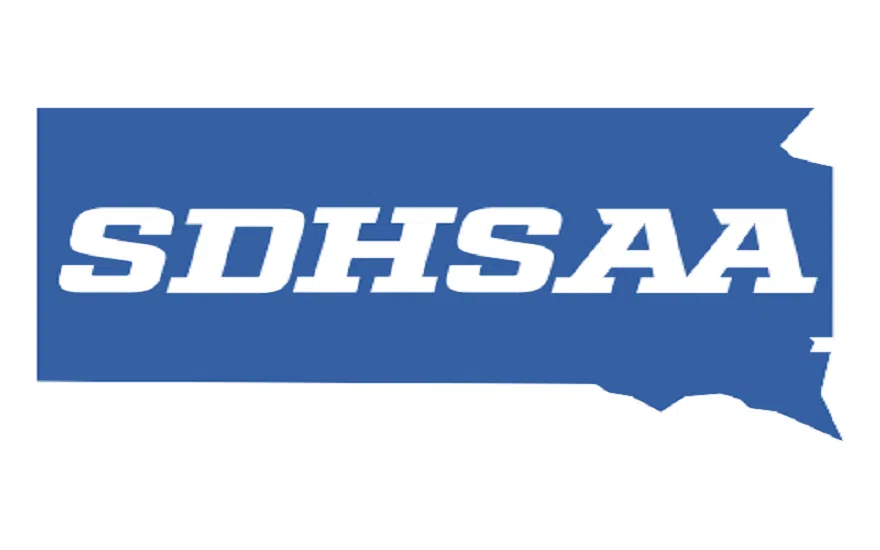Gov. Larry Rhoden reset several major state initiatives after the Legislature rejected key proposals from former Gov. Kristi Noem in the 2025 session.
The policy shifts span prison funding, property taxes, and eminent domain as Rhoden navigated a Legislature increasingly influenced by populist, pro-landowner Republicans.
“We’re looking forward, not back,” Rhoden spokeswoman Josie Harms told the South Dakota Broadcasters Association in a March 14 email.
Prison Funding Reset
Noem’s prison funding proposal faced direct legislative rejection. Her request for $182 million to fund the $825 million facility failed to gain traction, with lawmakers instead establishing a study panel that was due to report before a July 22 special session.
Rhoden announced “Project Prison Reset” in February, requiring a reassessment of the prison’s size, location, and funding model. During a press conference in February, he referred to the Lincoln County site as a “gift from God” due to its proximity to Sioux Falls.
“I thought it was a gift from God to find the site that we did that was appropriate for this prison relative to where it is now,” South Dakota News Watch reported. “And so that’s what just kind of makes me sick to my stomach to think about starting over,” he added.
Rhoden also warned delays could increase costs by $40 million annually.
Property Tax Relief Reset
Property taxes became a liability for Noem’s administration after steep assessment increases across the state. Former House Majority Leader Will Mortenson from Pierre—who retained his House seat but lost his leadership position due to the election of pro-landowner Republicans in the June primary —described the situation as a crisis.
“People are getting taxed out of neighborhoods they’ve lived in for decades,” he said, according to SDNW.
Noem did not mention the brewing concerns over rising property taxes in either her December Budget Address or her January State of the State Address.
After Noem’s failure to advance substantial property tax relief, Rhoden introduced Senate Bill 216. That measure caps residential assessment growth at 3 percent annually over five years and expands eligibility for tax relief programs for elderly and disabled residents.
“If you want to cut those property taxes, you have to cut schools’ budgets or find new revenue,” Rhoden said during a press briefing. He proposed exploring new revenue sources while avoiding mandates on local governments.
Eminent Domain Reset
On eminent domain, Rhoden signed House Bill 1052 in March, prohibiting its use for carbon dioxide pipeline projects, such as Summit Carbon Solutions’ proposal. This measure reversed Noem’s more pipeline-friendly policies in previous sessions.
“I encourage Summit and others to view it as an opportunity for a needed reset,” Rhoden wrote in his decision letter, as reported by The Dakota Scout. He also said, “I’ve fought for private property rights in this Capitol for over 20 years.”
Pipeline supporters maintain the projects would benefit the state’s agricultural economy, particularly ethanol producers seeking carbon capture solutions.
SDPB Funding Cut Setback
Another rebuke of Noem’s agenda came when appropriations committee lawmakers unanimously rejected her proposed $3.6 million reduction to South Dakota Public Broadcasting’s budget—a 65 percent cut that would have eliminated 50 positions, according to Current, a publication that covers public media.
SDPB Executive Director Julie Overgaard testified that the cuts would jeopardize federal matching funds and force reductions in programming.
“People in South Dakota like their high school activities. They like their open government, and they like their local public broadcasting programming,” Overgaard said.
Appropriations legislators rejected Noem’s proposed cuts in a 15-0 vote.
Rep. Erick Muckey, D-Sioux Falls, an appropriations committee member, called the decision a “team effort across both sides of the aisle” in a session-end news conference.
Veterans’ Benefits Protected
Another defeat for Noem’s budget priorities came when the House unanimously voted down House Bill 1038. It would have eliminated state stipends for veterans’ headstone etching and settings in private cemeteries. The 70-0 vote in the House demonstrated strong bipartisan opposition to the proposed cut.
Legislative Assessment
Noem’s final legislative session saw multiple defeats, including the failure to secure prison funding, rejection of SDPB cuts, inability to make the 4.2 percent sales tax permanent, and the lack of passage of Education Savings Account funding.
Despite her final session setbacks, Noem’s governorship saw notable achievements. South Dakota recorded a 1.8% unemployment rate and maintained its AAA credit rating. She signed stringent abortion restrictions following the Roe v. Wade reversal and implemented a temporary sales tax reduction from 4.5% to 4.2% in 2023. Noem expanded educational options through homeschooling legislation and tax credit scholarships for private school students. Her administration invested in infrastructure while maintaining balanced budgets. These accomplishments reflected her conservative principles of fiscal responsibility and limited government intervention.
While acknowledging the 2025 setbacks, Rhoden’s office emphasized continuity between administrations.
“Governor Rhoden worked closely with Former Governor Noem to lay the foundation for a successful session,” Harms told SDBA. “She has been doing incredible work in her new role as the Secretary of the Department of Homeland Security, and we are proud of what she is accomplishing to make America safe again.”
In her March 14 email, Harms noted: “Governor Rhoden is proud of everything that we accomplished this session to keep South Dakota strong, safe, and free. There’s more work to do – we’re looking forward, not back.”
Legislators are scheduled to return to Pierre on Monday, Mar. 31, for the 38th and final day of the session, traditionally reserved for vetoes.




























